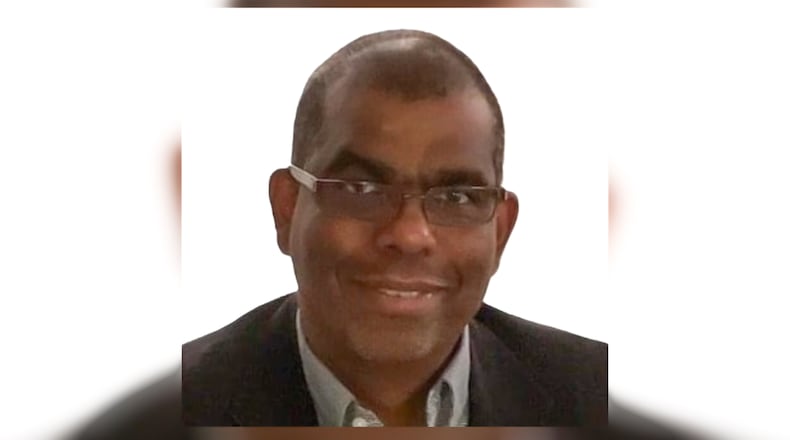I go to these lengths because a hacked account can cause reputational problems hard to overcome in an unforgiving digital environment. I limit who I interact with because I can’t trust strangers to be who they say they are, and I have no idea who is interested in a “gotcha” moment.
Two cases illustrate the point.
Kathleen Wright, who was elected to the Bellbrook City Council on Nov. 5, said someone placed an anti-Islam message on her campaign’s Facebook page. The message, “The Path of Islam is always the same,” has been making its way across the internet for some time. Wright said her account was hacked, and it’s since been taken down.
But when the text appeared on her page, various local groups shared it, as if it were proof of a newly elected community representative trafficking in Islamophobia.
Wright spent days apologizing for what she insisted was a fake. But the damage had been done. Some of her constituents will brand her an untrustworthy liar before she gets a chance to do her job.
Then, the group Accuracy in Media sent a supporter into the Dayton Public Schools posing as a transgender student’s sibling. AIM says its “undercover” video which taped a talk with an administrative assistant, proves DPS is violating a 2024 state law that prohibits transgender students from participating in girls’ sports teams. But DPS claims the video has been selectively edited to paint an inaccurate picture of the conversation.
AIM has long faced criticism for its tactics and video editing.
Folks, you can’t trust anyone. Period. A school employee tries to be helpful and ends up getting burned. School districts would be better served with a list of talking points on hot-button issues the district can hand out to those who ask.
And you can’t trust anything you read on social media, so before you spread it, you need to confirm it.
That takes work. It’s a lot easier to hit “repost” because a headline looks salacious.
Keepnet, a cybersecurity firm, projects 8 million deepfake videos in 2025, skyrocketing from 500,000 just three years earlier. Researchers at Texas A&M University found that nearly one in four image posts on Facebook contained misinformation, and on ‘X,’ fake news moves up to 20 times faster through its ecosystem than real news.
Sharing without caring to verify harms people who become victims of the wild west of social media. The lies stick far longer than the denials.
The posting behavior is on us. We’re the ones who spend, on average, more than two hours every day on social sites, scrolling through, looking for reasons to be outraged, and then sharing that rage with others.
So where does that leave us? Sadly, people in the public eye will need to show they’ve been hacked, and there are ways to see suspicious activity on social media. In the era of mistrust, simply saying I’ve been hacked doesn’t get the benefit of the doubt anymore.
You also have to lock down your accounts as best as possible. I know there’s caché in following thousands of people (you don’t know) and having thousands of people (you don’t know) following you.
Any one of them could look to make your life hell, and with AI, it’s going to get worse. You’re the only one who can protect yourself.
Ray Marcano’s column appears on these pages each Sunday.
About the Author
